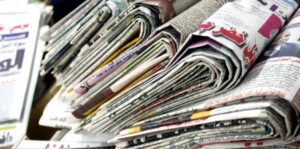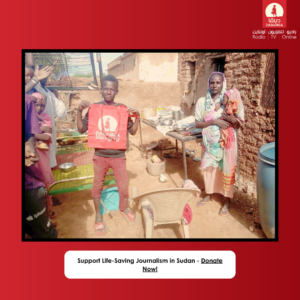Newspaper editors summoned by Sudan security service
On Wednesday, the security authorities summoned the editor-in-chief of El Jareeda newspaper Ashraf Abdelaziz and Akhbar El Watan editor-in-chief Hanadi El Siddig in connection with articles criticising the government and investigating corruption in the civil service.
 File photo
File photo
On Wednesday, the security authorities summoned the editor-in-chief of El Jareeda newspaper Ashraf Abdelaziz and Akhbar El Watan editor-in-chief Hanadi El Siddig in connection with articles criticising the government and investigating corruption in the civil service.
The security authorities investigated with El Siddig what it called “the newspaper and the editor-in-chief’s going beyond the red lines”, gave them a final warning to stop this, and informed her of a decision banning of publication of articles by journalist Salma El Tijani from writing in all the newspapers.
El Tijani told Radio Dabanga that she received a notification from the authorities by the editor-in-chief of Akhbar El Watan newspaper Hanadi El Siddiq banning her from writing.
She said that the ban came against the backdrop of writing an article entitled “The International Criminal Court, the elephant inside the room” dealing with the international community’s handling of the case of President Al Bashir and the International Criminal Court.
She said she had earlier received warnings through a number of editors not to handle the issue of the President of the Republic in her articles.
She considered the decision of ban from writing an explicit violation of freedom of expression and press, explaining that it is unreasonable to write about the situation in the country without addressing the President of the Republic
Repression of press freedoms
The political forces have condemned the continued security repression of press freedoms, the confiscation of newspapers from printing presses the intimidation of journalists by arrest, filing complaints and taking them to in the courts on a daily basis.
Sudanese Congress Party has criticised banning journalist Salma El Tijani from writing in the Akhbar El Watan newspaper after publishing an article on the International Criminal Court and its warrant against the head of the regime who is wanted to appear before it to face charges of war crimes, genocide and crimes against humanity in Darfur.
The Sudanese Congress Party has stressed that prosecuting and suppressing the press would not hide from the criminal court as a fact of the regime.
Journalists banned
In a statement, the party has called for resistance against the ban on writing issued against a number of journalists and to act against this targeting in every way.
The parliament’s administration banned journalists from entering the parliament while allowing the editors of the Sudanese government news agency and official satellite channels such as Sudan TV and Ashorooq TV.
Journalist Murtada Ahmed said, “The decision came after journalists abstained from covering the activities of the National Assembly for two days in solidarity with journalist Hiba Obeid from El Intibaha newspaper who was denied access to the parliament’s headquarters because of the news of the installation of new screens in the halls”.
Ahmed considered the decision a clear violation of the freedom of the press, the right to information, the Constitution and the National Assembly’s regulations.
He described the justification of the administration that the parliament was in a holiday as an unconvincing, especially since the committees are continuing their work.
Prior censorship
As reported yesterday by Radio Dabanga, Sudan’s National Intelligence and Security Service (NISS) has restored prior censorship of newspapers after a five-year hiatus.
Prior censorship means that officers from the security apparatus come to the printing press once the newspaper is ready to be printed, and review and remove material they do not want to be published.
Previously, before the prior censorship was lifted, security officers would come to the newspaper's headquarters at night; prevent the publication of articles that do not agree with their policies, however, censorship has directly moved from press headquarters to printing presses.
Media in Sudan are constantly subjected to attacks on press freedom. The country is ranked at the bottom of the World Press Freedom Index by the global monitoring institution Reporters Sans Frontières.











 and then
and then